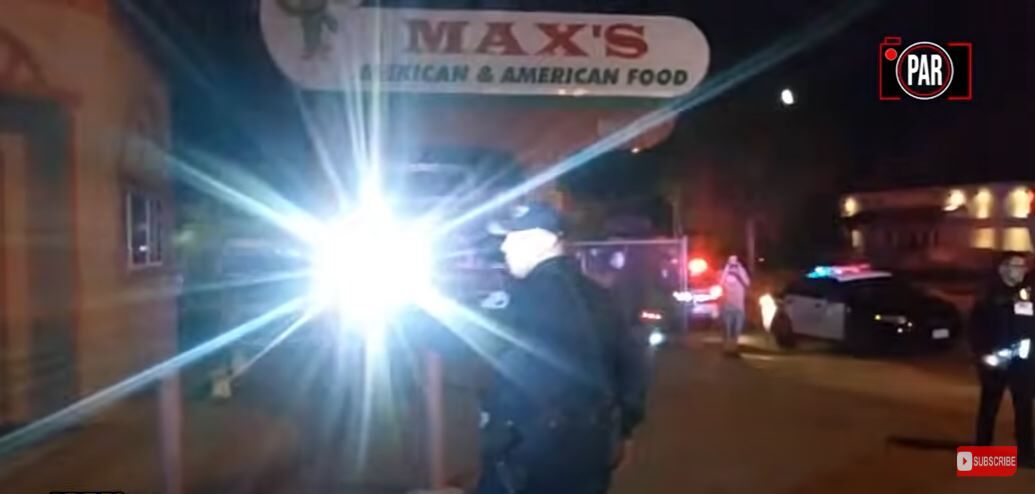10th Circuit: Right to record police is clearly established under First Amendment

A federal appeals court said in a ruling Monday that recording police encounters is a clearly established constitutional right in Colorado, reversing a lower court’s dismissal of a lawsuit brought by a journalist who claims a Lakewood officer prevented him from recording a DUI stop.

Abade Irizarry, identified as a blogger and YouTube journalist, sued Lakewood police officer Ahmed Yehia in federal court over an incident from May 2019, saying Yehia stood in front of his camera’s lens and shined his flashlight directly at it to prevent him from recording an early-morning DUI stop. Other journalists were also at the scene, according to the lawsuit. Irizarry claimed Yehia also drove his patrol car directly at Irizarry before swerving and honking.
A magistrate dismissed Irizarry’s case, reasoning that although Irizarry had alleged a violation of his First Amendment rights based on prior restraint and retaliation, a right to record police officers had not been clearly established in the 10th Circuit at the time and so Yehia was entitled to qualified immunity.
Qualified immunity protects government employees from civil liability unless they have violated a clearly established legal right. The magistrate reasoned that Irizarry hadn’t pointed to any prior case that showed Yehia would have known that standing in front of Irizarry’s camera and shining a light into it violated his First Amendment rights.
But the 10th Circuit Court of Appeals, which is based in Denver, disagreed with the district court’s reasoning. In a decision released Monday, the appeals court acknowledged “the persuasive weight of authority” from six other multistate federal appeals courts, which include both Democrat and Republican-appointed majorities, that have recognized a right to record police in their official duties.
The 10th Circuit also pointed to one of its own decisions – known as Western Watersheds – that acknowledged First Amendment protection for filming a police encounter, which said someone who photographs animals or takes notes about habitat conditions is “creating speech in the same manner as an individual who records a police encounter.”
Recording video is speech creation, not just conduct, which warrants protection under the First Amendment, said the 10th Circuit.
“If the creation of speech did not warrant protection under the First Amendment, the government could bypass the Constitution by simply proceeding upstream and damming the source of speech,” according to the ruling.
“Officer Yehia’s obvious interference with that right, motivated by Mr. Irizarry’s protected conduct, was a violation of clearly established law,” wrote Judge Scott Matheson, Jr. in the decision.
The circuit found Irizarry met each component needed to state a claim of retaliation for exercising his First Amendment right: That he was engaged in constitutionally protected conduct, that the defendant’s actions had an effect that would chill an average person from continuing their conduct and that the defendant’s action was substantially motivated as a response to the person’s protected conduct.
The 10th Circuit’s ruling reverses the federal trial court’s dismissal of Irizarry’s case and sends it back for more proceedings.















